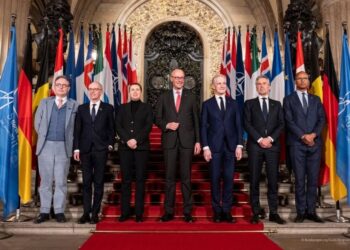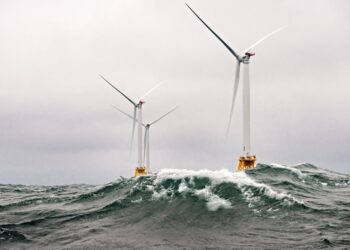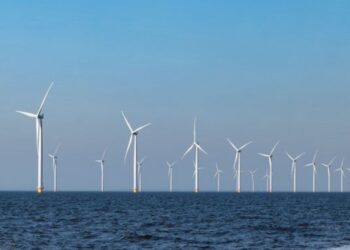Gokhan TaymazManaging Director / Corporate Advisor

areas of expertise
- Global Business Environment Analysis
- Strategic Planning and Execution
- Government Relations
- Public Policy Support
- Corporate Resiliency
- Market Penetration
- Strategic Communications
- Knowledge Management
education
- Executive Master of Business Administration, University of Oxford
- MA, Government Relations and Political Communication, Laureate Bilgi University
- Senior Level Executive Programs, NATO School Oberammergau, Germany
- Knowledge Management
- Political Analysis
- Strategic Planning
- Crisis Management
- Strategic Communications and Micro Targeting
- BS, Aerospace Engineering, Istanbul Technical University
Gokhan Taymaz is a globally recognized executive advisor with over 25 years of international experience at the nexus of investments, private sector growth, and geopolitics. He is renowned for guiding Fortune 500 companies, institutional investors, and high-growth enterprises through complex regulatory environments and volatile geopolitical landscapes.
Known for his ability to bridge public-private interests, Gokhan has a proven track record of shaping market-entry strategies, re-aligning investment portfolios, and facilitating high-stakes negotiations in sectors ranging from energy and infrastructure to technology and industrial manufacturing.
A trusted strategic advisor to chairpersons, boards, and investment committees, Gokhan has led transformative initiatives that mobilize capital, drive cross-border expansion, and unlock long-term value across diverse markets. His career spans key advisory roles in multinational corporations and global institutions, where he has consistently aligned commercial strategies with emerging political and economic realities.
Latest insights & analysis on Gökhan's area of expertise
-
Bornholm hub shifts offshore wind from national projects to shared grid
Denmark and Germany have effectively put the Bornholm Energy Island back on the rails by agreeing to move ahead together with the cross-border offshore wind hub, with Danish Prime Minister Mette Frederiksen presenting the decision alongside German Chancellor Friedrich Merz at an energy gathering in Hamburg.
In political terms, the message is that what had become a difficult, cost-heavy infrastructure concept is now being treated as a shared strategic priority rather than a Danish national megaproject that Germany merely benefits from at the margin.
January 27, 2026 -
Offshore wind becomes a sovereignty asset as Europe hedges LNG exposure
Europe’s North Sea governments are trying to turn offshore wind from a collection of national projects into a shared piece of continental infrastructure.
At the Future of the North Sea Summit in Hamburg, energy ministers from the UK, Belgium, Denmark, France, Germany, Iceland, Ireland, Luxembourg, the Netherlands and Norway signed what is essentially a political commitment to co-develop around 100 gigawatts of offshore wind in shared economic waters, alongside the grid architecture needed to move that power across borders rather than trapping it within national systems.
January 27, 2026 -
North Sea wind pact links 100GW buildout to sabotage defenses
A group of Northern European governments is preparing a long-horizon offshore wind pact that pairs scale-up ambitions with a sharper security agenda. Energy ministers from nine countries meeting in Hamburg next week are expected to sign a declaration committing to jointly develop 100 gigawatts of offshore wind capacity in the North Sea by 2050, positioning joint projects as a material share of the region’s decarbonization buildout and of Europe’s future power system architecture.
The draft declaration underscores that the next phase of offshore wind is no longer only an industrial or climate policy project; it is increasingly treated as critical infrastructure. Alongside the build targets, participating states plan to formalize cooperation on physical and cyber protection for offshore energy assets.
January 23, 2026


